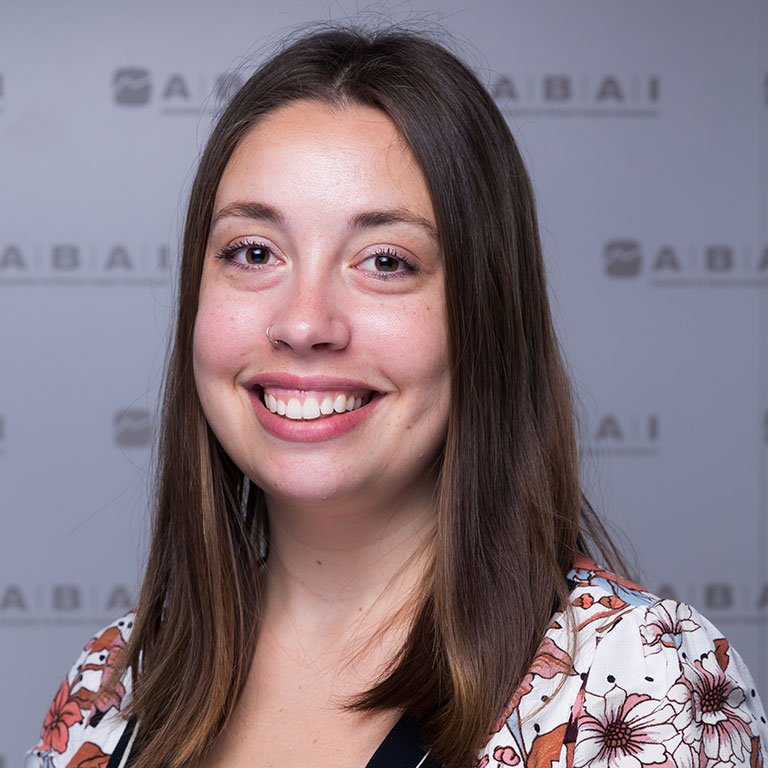
Adjunct Faculty
Become a practicing school psychologist, conduct independent research, take a leadership role in special education, or prepare for private practice.
This program gives you several career options while you learn from the scientist-practitioner model, where research and theory will inform your work, and real-world experiences will help your research.
During the course of completing this program, you will also earn a master's degree in school psychology.
Completion of this 94-credit hour degree program takes most students five to six years of full-time study. You’ll complete at least 800 hours of practica and 1,500 hours of internship work, which will give you the experience you’ll need to earn licensure. You’ll also conduct field-based research under the guidance of a faculty advisor.
Admission offers are made using a faculty mentoring approach. Students are selected, in part, based on their fit with the research interests of specific professors. If accepted, you will join the program as an advisee of a specific faculty. When applying, please indicate in your personal statement which professor(s) in the School Psychology Program you are interested in working with and why.
Our research areas includes:
| Starting Semester | Deadline | |
| Fall | Nov 15 | |
| December 1 is the priority funding deadline for the Dean’s Fellowship and University Graduate School diversity fellowships. Eligible applicants will automatically be considered for fellowships – no separate application is necessary. | ||
International students are encouraged to apply early to allow extra time for their materials to arrive. | ||
The Graduate Studies Office will accept unofficial transcripts and self-reported test scores for admission reviews. Any admission made with these documents would be conditioned on receipt of official documents, which should be provided as soon as possible.
If you are currently enrolled or have applied in the past year, you are eligible for a reduced application fee of $35. Learn more »
Costs listed are per credit hour.
| Residency | Tuition* |
| Indiana resident | $ 478.58 |
| Non-resident | $ 1607.92 |
| Residency | Tuition* |
| Indiana resident | $ 488.15 |
| Non-resident | $ 1640.07 |
*Does not include all fees, which will vary depending on the number of credits enrolled. Find more information and calculate your expected costs at Student Central.
Our programs are approved by the National Association of School Psychologists (NASP).
The Ph.D. in School Psychology is accredited by the American Psychological Association (APA).
Office of Program Consultation and Accreditation
American Psychological Association
750 First Street NE
Washington, DC 20002-4242
Phone: (202) 336-5979
for applicants with a degree from an accredited U.S. institution

Jac'lyn Bera is from Price, UT. Her research interests include rural mental health, access to diagnostic and therapeutic services, and marginalized/minority mental health access. In the future, she hopes to work in a rural community clinic as a licensed psych providing services to under resourced communities.

Leslie Jenkins is a Licensed Psychologist, and since 2017 she has owned and operated a private practice that focuses on second opinion evaluation for the treatment of complex conditions. She provides counseling and assessment services across the lifespan.
Maryellen Brunson McClain
Associate Professor
ED 4058
mcclainm@iu.edu